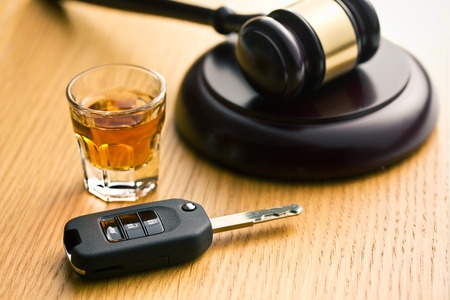Legal Elements of A DUI
As part of any defense to a second or subsequent offense DUI charge, the accused should consider the possibility that a prior DUI conviction can be vacated. If a prior conviction is permanently vacated, the potential penalties for the present offense become substantially less severe.
The most common and least complex method for challenging a prior DUI conviction is to analyze the factual basis for a guilty plea. Municipal courts accept the factual bases in the vast majority of cases. They tend to be far more informal than superior courts with regard to the legal requirements.
The required elements of a DUI under N.J.S.A. 39:4-50 are that the defendant:
1) operated or intended to operate an operable;
2) motor vehicle;
3) while under the influence of alcohol or a mind-altering drug or with a blood alcohol concentration of .08 or above.
Courts often accept guilty pleas to observation cases with no elaboration on what is meant by “under the influence.” It is a technical term of art defined by the New Jersey Supreme Court as “a substantial deterioration or diminution of the mental faculties or physical capabilities of a person.” While this exact phrase does not have to be used during a plea, the colloquy should involve more than a defendant or judge just parroting the words “under the influence.” Otherwise, there is a strong argument that the defendant’s guilty plea should be vacated because s/he did not plead guilty “knowingly.”
Stay tuned for additional tips and remember that the best DUI defense is a designated driver. Have a great Memorial Day week-end!

